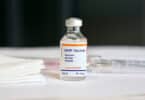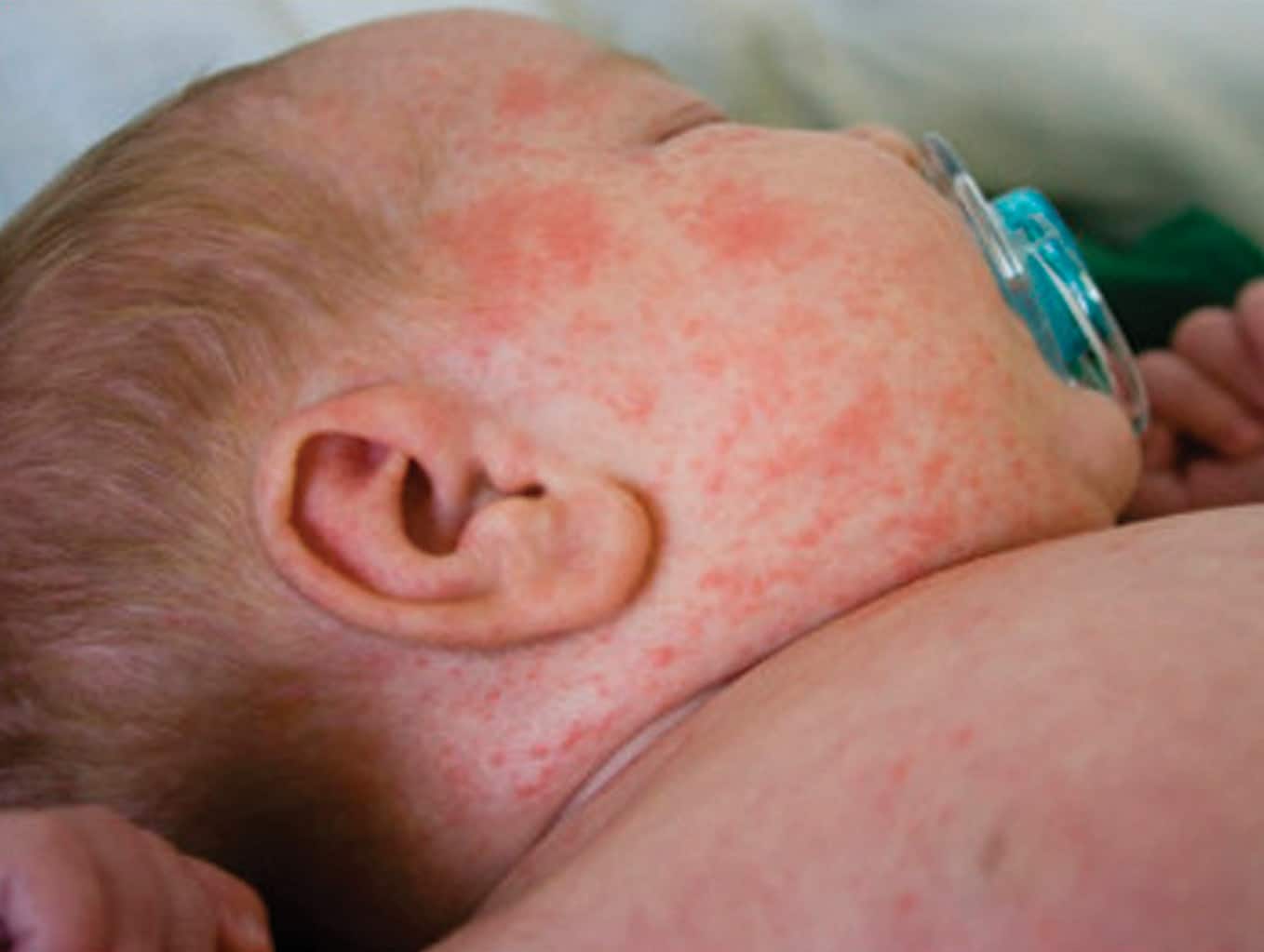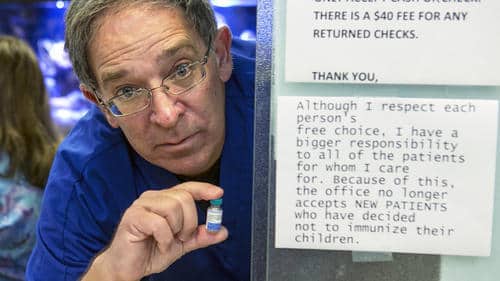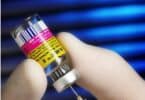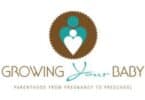When Caitlin McOmish contracted mumps as a baby, her parents were told their daughter had irreversible brain damage and would never lead a normal life.
 Twenty-seven years later, Dr. Caitlin McOmish has completed a Ph.D. and become a promising neuroscientist, whose recently published research examines physical and mental stimulation on the brain.
Twenty-seven years later, Dr. Caitlin McOmish has completed a Ph.D. and become a promising neuroscientist, whose recently published research examines physical and mental stimulation on the brain.
Not only is she leading a richly fulfilling life, but she is also giving something back.
Caitlin had been a perfectly normal baby until 13 months of age when she contracted mumps from her older sister Elsbeth and then developed meningitis.
“She was critically ill for at least five days and her life was very definitely hanging in the balance,” Mr. McOmish said.
“She lost the ability to walk, she lost the ability to talk, and to cuddle her was like holding a bag of rice. She seemed to be completely unresponsive.”
Caitlin McOmish suffered brain damage and was diagnosed with epilepsy.
For the next two years, she either screamed inconsolably for hours on end from headaches or would blank out, frozen in what are called absent seizures.
At times she had 30 seizures a day.
Caitlin was placed on medication but her parents were told she would never be normal and there was little they could do.
They refused to accept the prognosis. So they invented an intense physical and mental exercise program to try to heal her brain, beginning with daily swimming lessons, gross motor exercises, and listening to classical music.
They sent her to a bilingual school, where many of her lessons were in french.
Her seizures gradually reduced. In fact, she has not had one in 5 years and no longer takes medication.
Dr. Tony Hannan, who heads the Howard Florey laboratory, says Dr McOmish’s recovery fits with what his team is discovering about the different environmental enrichment has on brain disorders.
“I think her personal story is extraordinary and I think she personally illustrates this extraordinary plasticity of the brain,” he said.
“The brain has this innate capacity to repair itself, so if you give these mice increased mental and physical activity, there are particular areas in the brain where there’s a boost in the production of brain cells.
The human brain is SO amazing. I hope this story shows parents that hard work can pay off – regardless of what you have been told. We wish Dr. McOmish well. She will be an inspiration to many for years to come.

